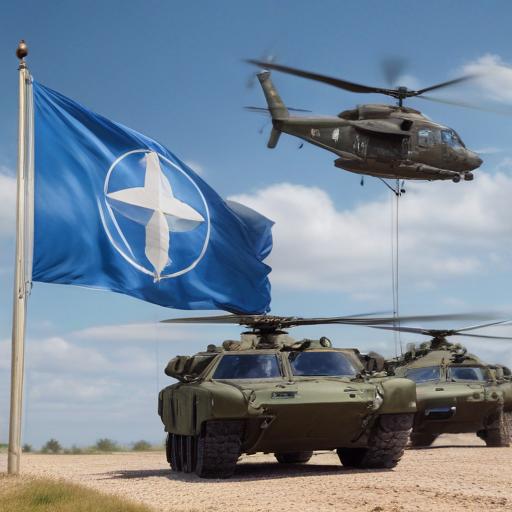At the NATO summit held in The Hague, Netherlands, on June 25, 2025, member countries made a significant decision to increase their defense spending target from 2% to 5% of gross domestic product (GDP) by 2035. This marked one of the most crucial developments for the alliance in over a decade, indicating a united response to multifaceted security threats, particularly from Russia and persistent challenges like terrorism.
In a joint declaration, NATO emphasized the need for increased investment in core defense needs, with a commitment that at least 3.5% of GDP will be allocated to pure defense and the remainder directed towards critical infrastructure for security. This strategic move aims to strengthen civil preparedness, enhance innovation, and bolster the defense industrial base of member nations. Each country will be expected to submit annual plans demonstrating their credible progress towards achieving these ambitious goals.
The decision comes amidst heightened tensions due to conflicts in the Middle East and the ongoing war between Ukraine and Russia. Members have been encouraged to reach this new target following years of pressure, especially from the U.S., for allies to contribute more significantly to collective defense efforts. Reaffirming the alliance’s shared commitment under Article 5—ensuring that an attack on one member is viewed as an attack on all—NATO leaders underscored their collective determination to safeguard democracy and freedom.
NATO Secretary-General Mark Rutte stated that this agreement represents a “quantum leap” in collective defense, noting that it would not only enhance security but also stimulate job creation. Rutte acknowledged the importance of rapidly innovating to enhance NATO’s capabilities and ensure fairness among allies. He expressed confidence in the U.S. commitment to NATO, despite previous questions raised by President Donald Trump regarding the specifics of Article 5.
During discussions, Finnish President Alexander Stubb remarked on the positive atmosphere of the summit, highlighting the strong sense of partnership between U.S. and European leaders. The discussions hinted at a new balance in NATO’s dynamics, as European allies are stepping up their contributions to the collective security framework.
This shift in NATO’s defense strategy reflects a proactive approach to modern security challenges and reinforces the alliance’s commitment to cooperative defense, which is essential for the safety of its one billion citizens. It inspires hope that this renewed focus on collective security will foster greater stability in the Euro-Atlantic region and a robust partnership among member nations.
